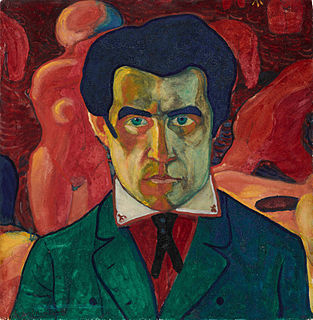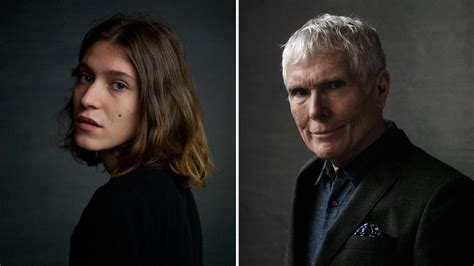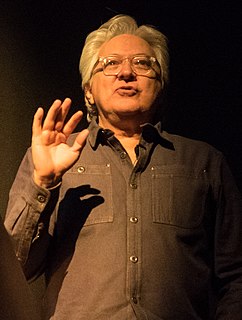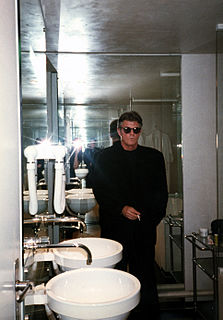A Quote by Pablo Picasso
Photography has arrived at the point where it is capable of liberating painting from all literature, from the anecdote, and even from the subject. In any case, a certain aspect of the subject now belongs to the domain of photography. So shouldn't painters profit from their newly acquired liberty, and make use of it to do other things?
Related Quotes
The decisive moment, the popular Henri Cartier-Bresson approach to photography in which a scene is stopped and depicted at a certain point of high visual drama, is now possible to achieve at any time. One's photographs, years later, may be retroactively rephotographed by repositioning the photographer or the subject of the photograph, or by adding elements that were never there before but now are made to exist concurrently in a newly elastic sense of space and time.
I regard photography and film simply as new technical means which painters must absolutely make use of, just as from time out of mind they have made use of brush, charcoal and color. It is certain, however, that photography and film must become as evocative for the sensibility as pencil, charcoal and brush. (1927)
I was always interested in drawing and painting. I enrolled in college to study painting. But I didn't have any livelihood when I graduated. My mother died very young, and I didn't have any home, so I had to find a way to earn a living. It seemed to me that photography - to the great disappointment, I have to say, of my painting teacher - could offer that. So I went and did a degree in photography, and then after that I could go out and get paid for work. For portraits, things like that.
Photography today is accomplishing a lofty mission in which every German should collaborate by buying a camera. The German people is ahead of every other in the technical domain and, thanks to its exceptional qualities, the small camera has conquered the whole world... Much is at stake here from the point of view of popular consumer goods and, furthermore, photography has a particularly important political role to play. (Addressing the Berlin Photography Fair, 1933)
"Though many painters and sculptors talk glibly of "going in for photography," you will find that very few of them can ever make a picture by photography; they lack the science, technical knowledge, and above all the practice. Most people think they can play tennis, shoot, write novels, and photograph as well as any other person - until they try."








































